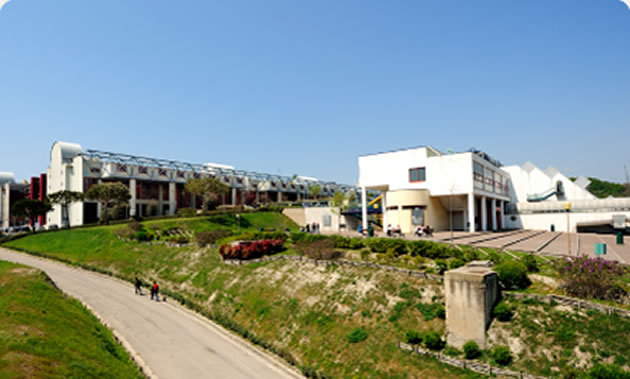Fundamental and applied studies of ‘classical’ Ziegler-Natta catalysts (ZNC)
Originally discovered in the 1950s and rejuvenated in the 1970s, heterogeneous Ti-based Ziegler-Natta catalysts (ZNC) still represent the work horse of polypropylene industrial production, and almost monopolize the market. Yet many aspects of their inner workings remain elusive. LSP represents a leading competence center for the structural elucidation of ZNC surfaces, with an original approach based on the combination of 13C NMR polymer analyses, HTE catalyst screening and quantum mechanical catalyst modelling.
Thorough analyses of extensive and information rich databases for different ZNC formulations allowed us to reveal the delicate relationships between surface coverage and lateral steric pressure on the stereoselectivity of the catalytic species, as well as the role of chemisorbed donor and Al-alkyl species on said parameters.
Demystifying Ziegler–Natta Catalysts: The Origin of Stereoselectivity. ACS Catal. 2017, 7, 4509–4518
Ziegler–Natta Catalysts: Regioselectivity and “Hydrogen Response”. ACS Catal. 2020, 10, 644-651
In parallel with experiment, advanced studies of ZNC and model systems thereof are carried out by means of DFT(-D) modelling using a periodic and cluster approach, the latter down to the level of the active pocket. In particular, our unique ‘flexible-cluster’ approach enables full relaxation of realistic model MgCl2 clusters with an effective compromise between computational time and accuracy and proved able to capture the features of real nano-sized and highly disordered primary catalyst particles with complex adsorbate compositions.
A periodic hybrid DFT approach (including dispersion) to MgCl2- supported Ziegler–Natta catalysts – 1: TiCl4 adsorption on MgCl2 crystal surfaces. J. Catal. 2012, 286, 103–110
MgCl2-supported Ziegler-Natta catalysts: A DFT-D ‘flexible-cluster’ approach. TiCl4 and probe donor adducts. Int. J. Quantum Chem. 2018, 118, e25721
MgCl2-Supported Ziegler–Natta Catalysts: a DFT-D “Flexible Cluster” Approach to Internal Donor Adducts. J. Phys. Chem. C 2018, 122, 9046–9053 (DOI)
Structural Characterization of Electron Donors in Ziegler–Natta Catalysts. J. Phys. Chem. C 2018, 122, 5525– 5536
Experiment and computational modeling are combined to better understand the roles played by the various classes of ZNC surface modifiers.
Internal Donors in Ziegler-Natta Systems: is Reduction by AlR3 a Requirement for Donor Clean-Up? ChemCatChem 2018, 10, 984–988
Monitoring the Kinetics of Internal Donor Clean-up from Ziegler–Natta Catalytic Surfaces: An Integrated Experimental and Computational Study. J. Phys. Chem. C 2020, 124, 14245-14252

Introduction
LSP is a global competence center for fundamental and applied studies on olefin polymerization chemistry and catalysis.

Members
We hope you Enjoy discovering all the people that belong to the LSP Project. Visit us to discover more about our team.

Research
LSP specializes in fundamental and applied studies of catalytic olefin polymerizations, aiming to better understand and improve…

Infrastructure
LSP is one of the very few academic groups operating a comprehensive HTE workflow for organometallic catalysis.

Join LSP!
We are always interested in hearing from potential new members and collaborators who are interested in a position at LSP.

Visit
Whether you are a student, a scientist, a technologist, or an occasional traveler of the Web, visit us, get in touch.



